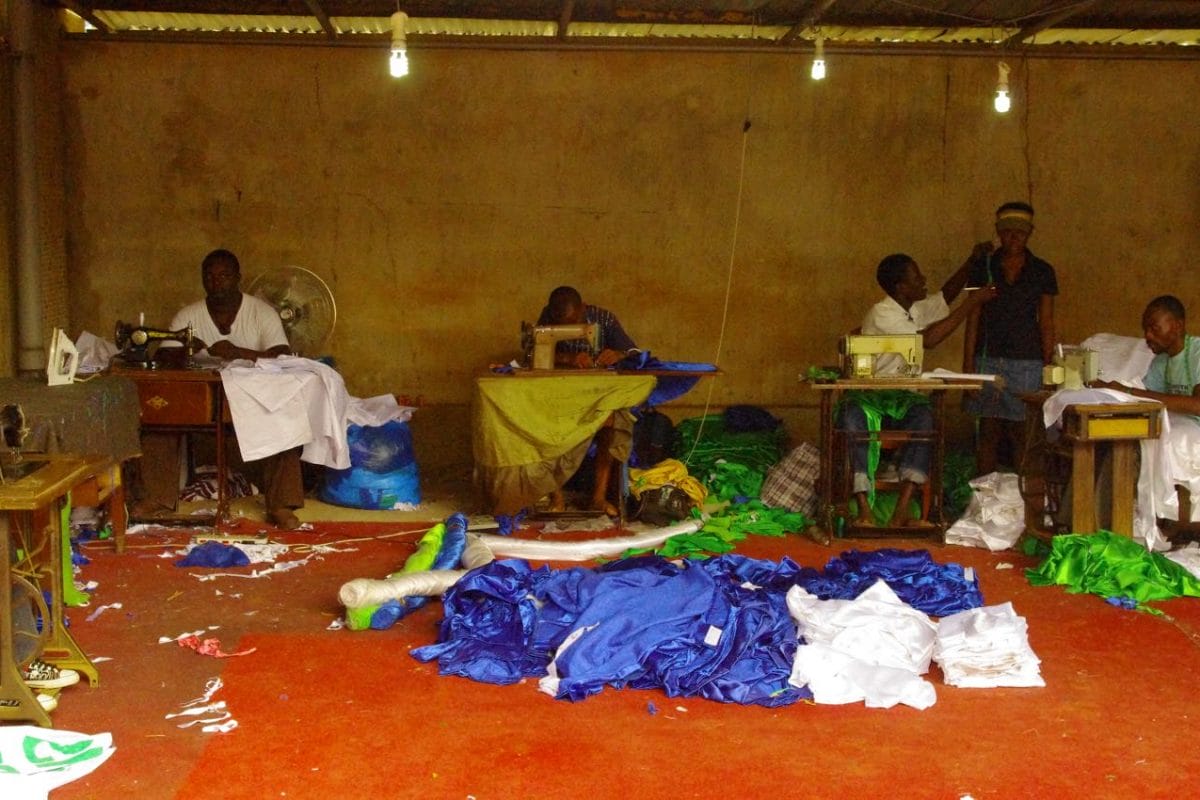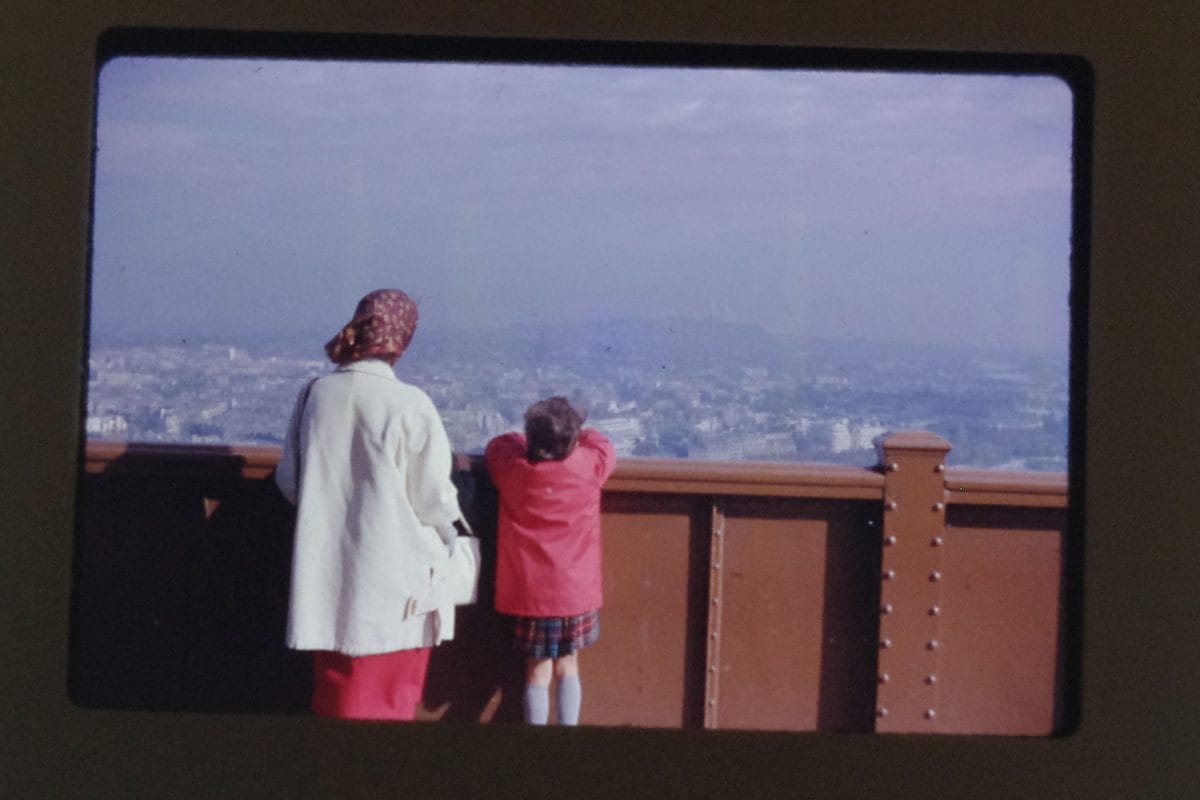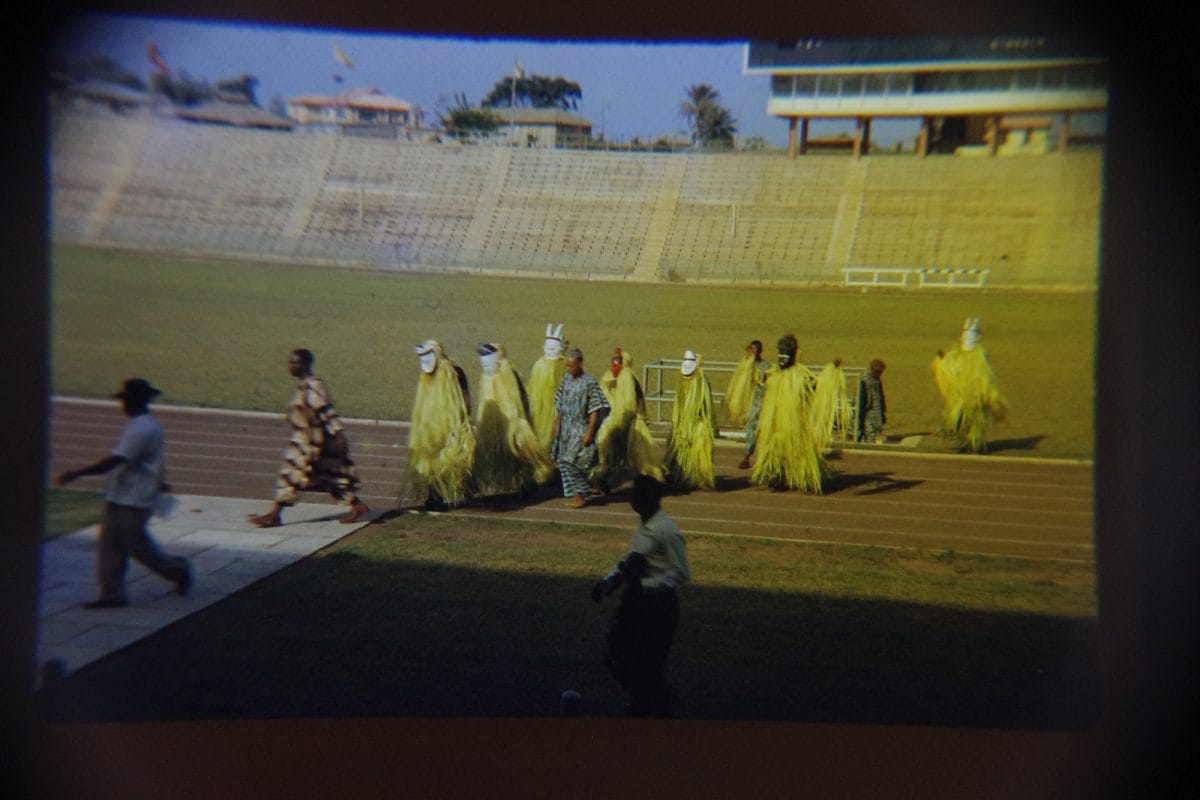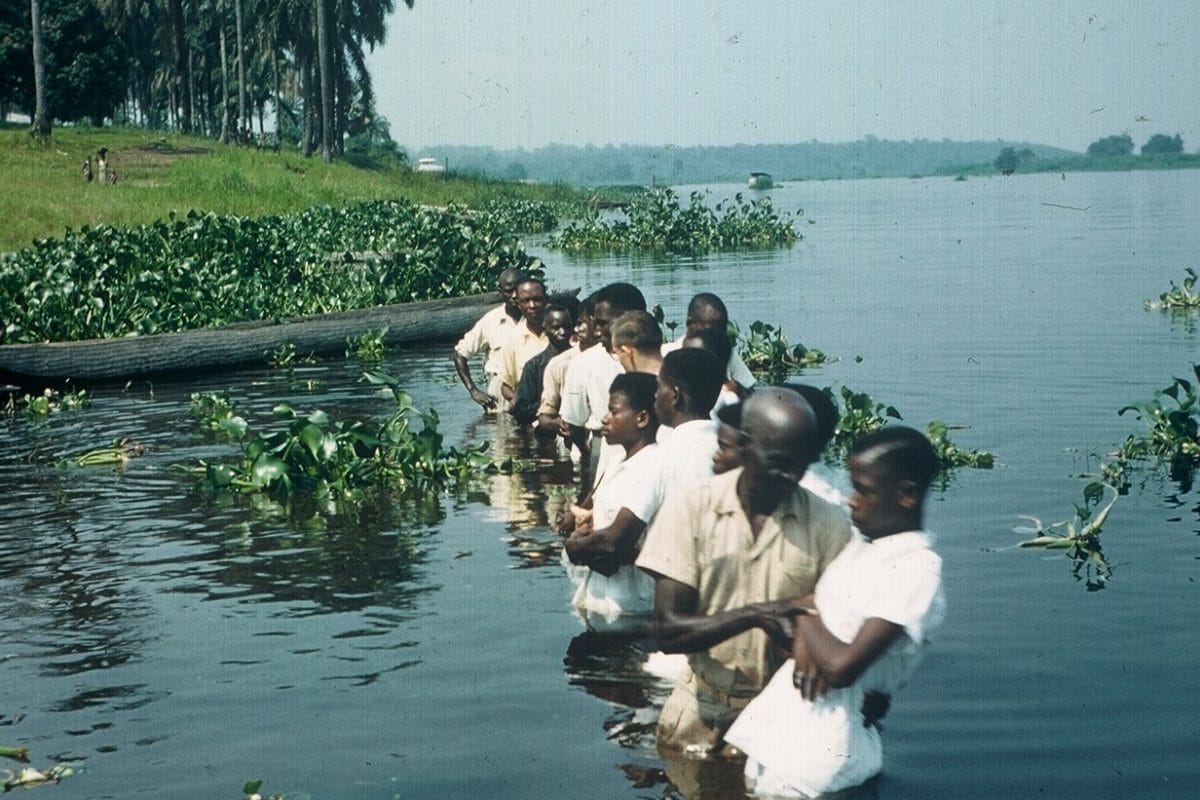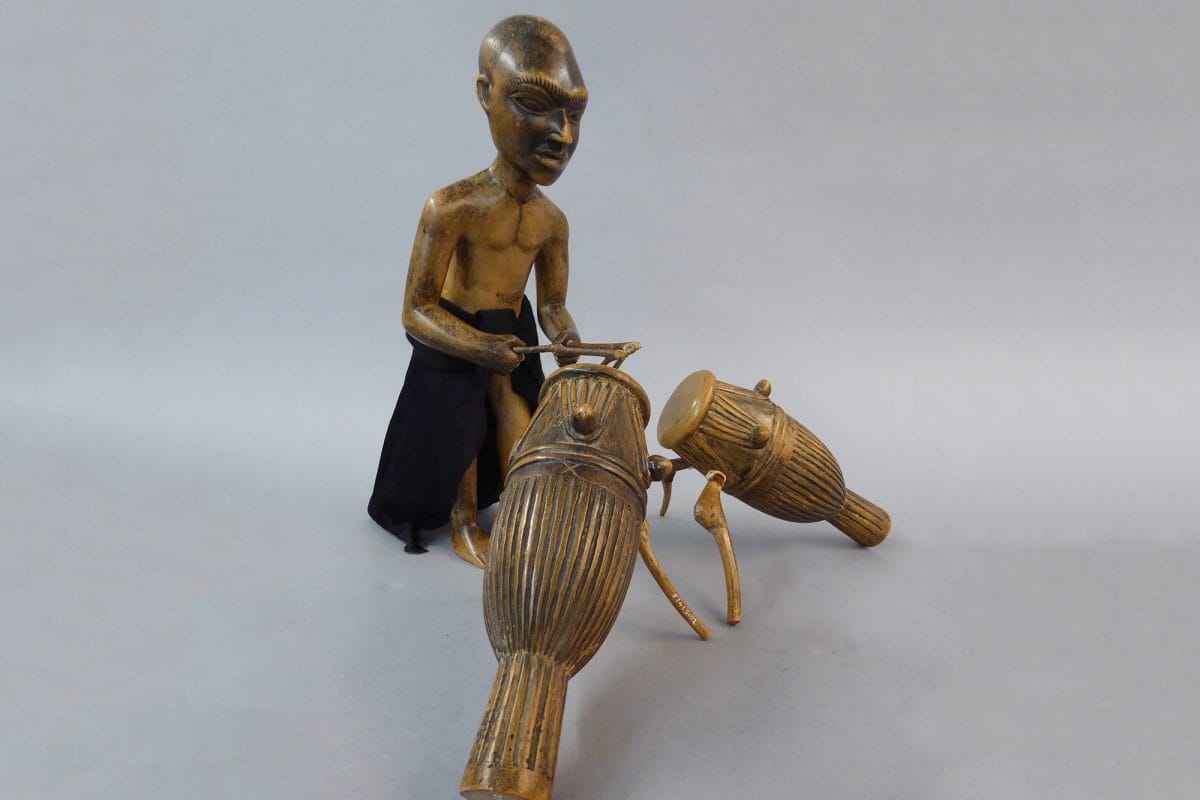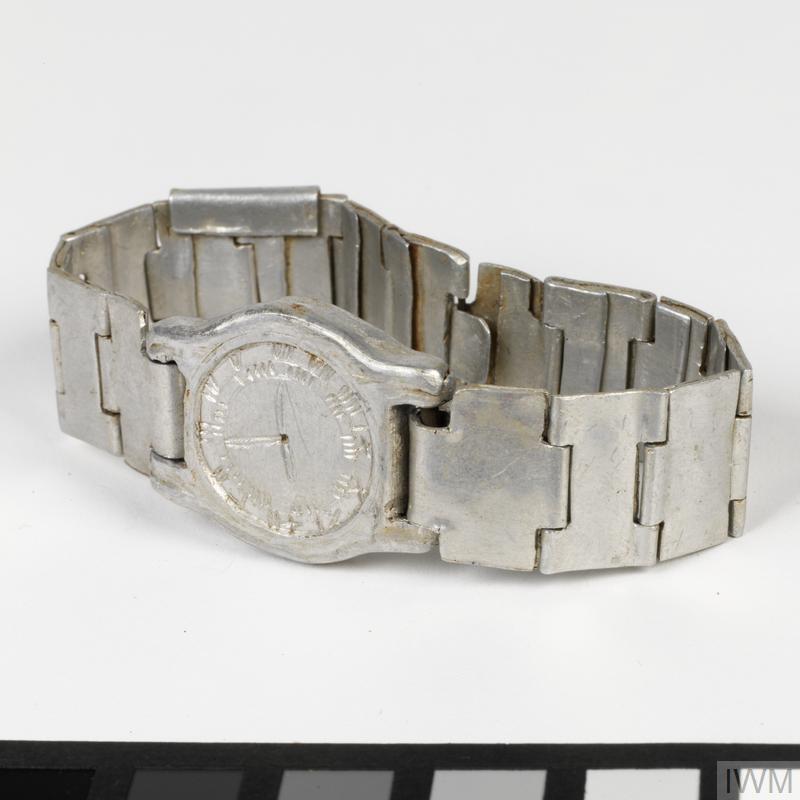In April 2011, I was in Freetown, the capital city of Sierra Leone when people celebrated 50 years of independence from British colonialism.
The whole city was decked out in green, white and blue, the national colours of Sierra Leone. Women wove green white and blue into their hair, motorbike riders decorated their bikes with flags, and people were dressed ready to celebrate and party hard.
Sierra Leone became independent on 27 April 1961. This was a largely peaceful event, although colonialism in Sierra Leone had itself been punctuated by violence.
This got me thinking about how we in Britain remember the end of the British Empire. It was not so long ago. By the end of WWII, it was widely accepted that British colonialism would draw to a close and by the 1960s, the majority of Britain’s colonies had become independent.
Although memories of WWII continue to play an important public role, memories of colonialism are less visible. Yet the events that surrounded it continue to shape British life today. Although many people agree that the end of colonialism was an important moment in British history, it is certainly not something that is widely celebrated or publicly talked about much.
In 2016, I started a research project looking at objects, letters, films and photographs collected during the end of the British Empire in Africa, sitting in museums across the UK. This means they were collected between about 1940 and 1980. When it became clear to the British government that colonialism was no longer sustainable after WWII, they encouraged ever more migration from Britain into the empire.
When former British colonies, like Sierra Leone, became independent, many families with British citizenship, whether born in Britain or in Africa, chose to leave.
Many left with the objects that were important to them. Some donated these objects to museums immediately, but most displayed them or stored them away in their homes. These collections have been offered to museums over the last 50 years, and I am interested in what they can tell us.
Museum collections from the end of the empire were usually collected by British teachers, scientists, artists, missionaries, or academics, as well as colonial officers. These pieces often reflect everyday family life, but also reflect a moment of transformation.
For example, they contain items made for sale by artists involved in an increasingly established art scene, including known carvers, weavers, potters, textile dyers or painters.
They also contain objects that reflect changing currencies of value. Such as religious or ceremonial objects that were sold. Items were possibly sold because they were no longer considered powerful or perhaps money held a different but greater form of power.
I have also been looking at collections that reflect moments where the British Government attempted to forcefully contain resistance to colonialism. This includes the violent military campaign against Mau Mau fighters in the 1950s in Kenya, which involved the detention and torturing of Mau Mau suspects.
What interests me is the way in which these objects often enable an understanding of the very complicated ways in which the end of empire was experienced and is remembered by those who lived through it. Sometimes these competing narratives make it very difficult to speak openly about this shared period in our history and to listen to those whose experience differs from our own. However, I do think we need to talk about it, to listen, and to understand the many ways our colonial past continues to affect our lives today. I hope that my research can help with that.
Do you or your family have memories or collections from Africa at the end of empire?



